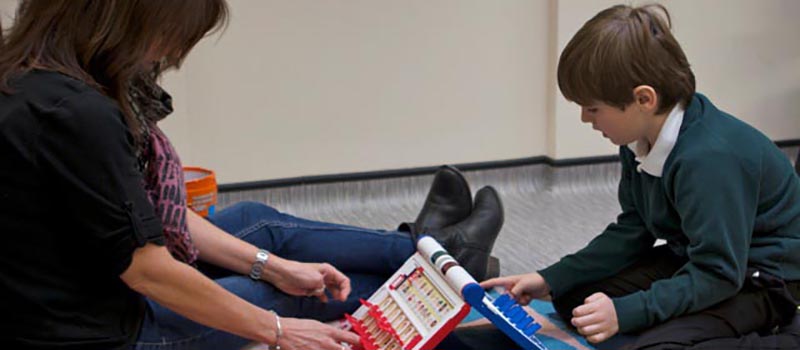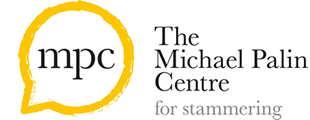Palin PCI aims to help parents identify what they are already doing that supports fluency and to help them do more of what works. A key goal is to improve the family's confidence and skills in managing their child's stammering.
Children's therapy

- Palin PCI is a programme for younger children which has been developed by the Centre. It may also form a basis of therapy with older children
- Palin PCI has been published and has been researched at the centre to see how effective it is. See our research programmes for more detail.
FAQs
How often are the sessions?
Six, one-hour weekly sessions are arranged. There is then a period of 6 weeks when families continue working on tasks at home without coming in to the Centre for sessions (the 'consolidation period'). There is a further session at the end of the consolidation period when parents and their therapist review the progress that has been made.
What happens in the sessions?
Will we have homework?
Yes. A crucial part of any therapy is the work that is done at home. Importantly, your child is likely to enjoy it as it is centred around them having a special play time with each parent. As parents you will have things that you practice during this time. Your therapist may occasionally give you something to read, and if you discussed broader issues for the family, such as turn-taking or establishing more routine bedtimes, then you may decide to work on these with your therapist's support.

